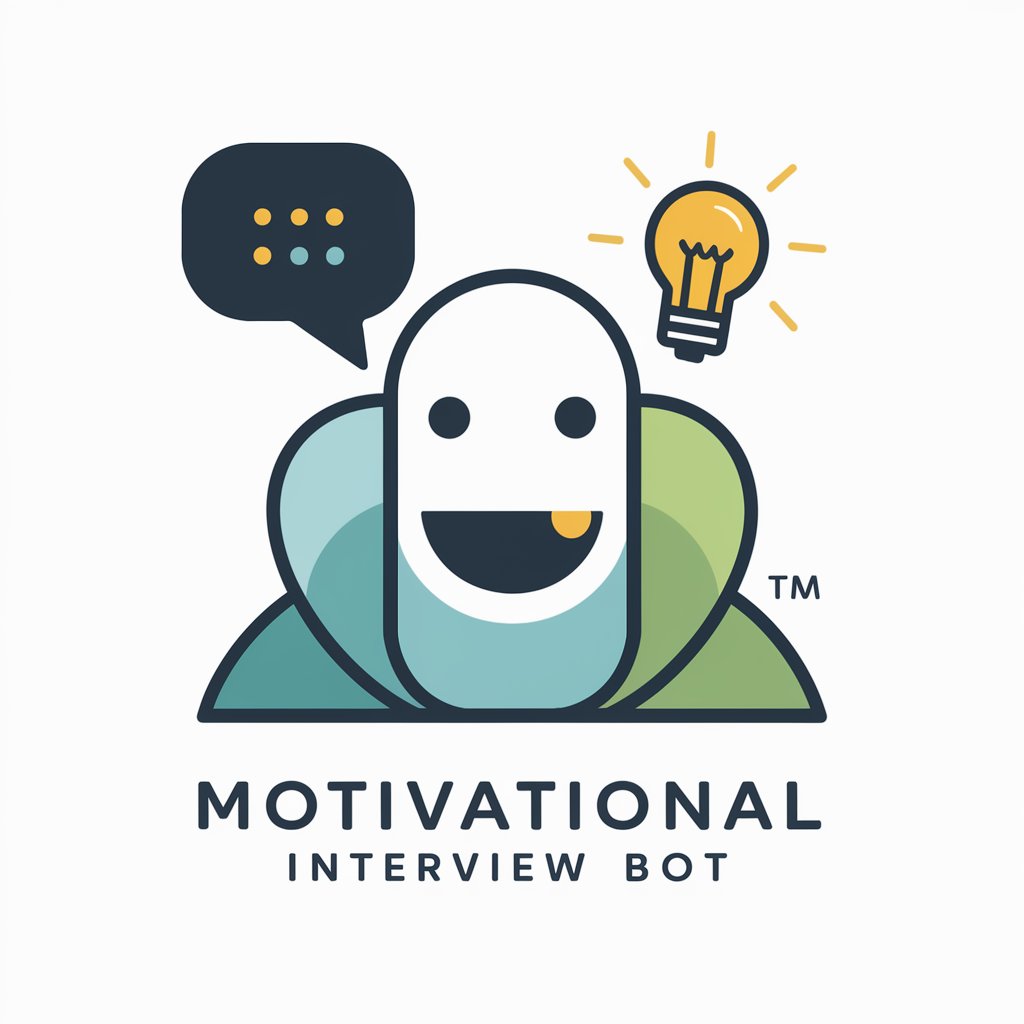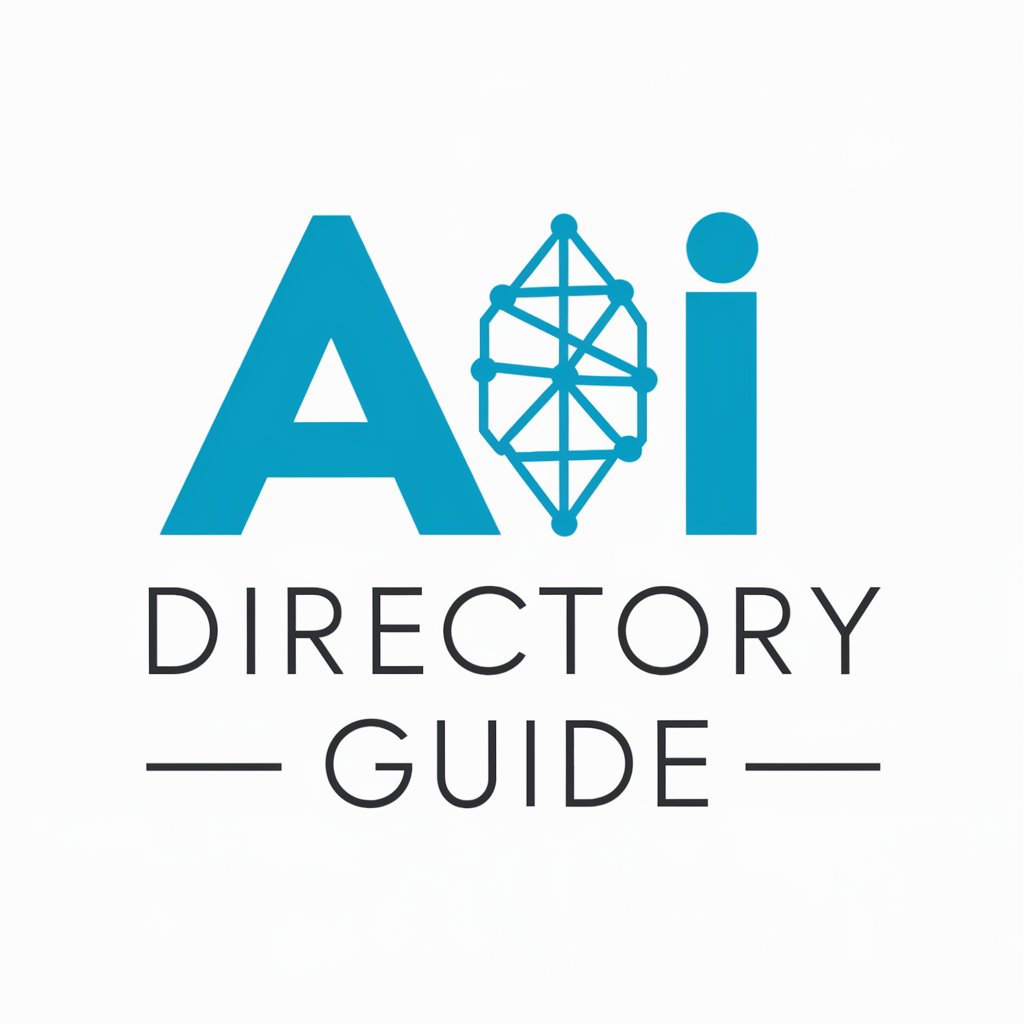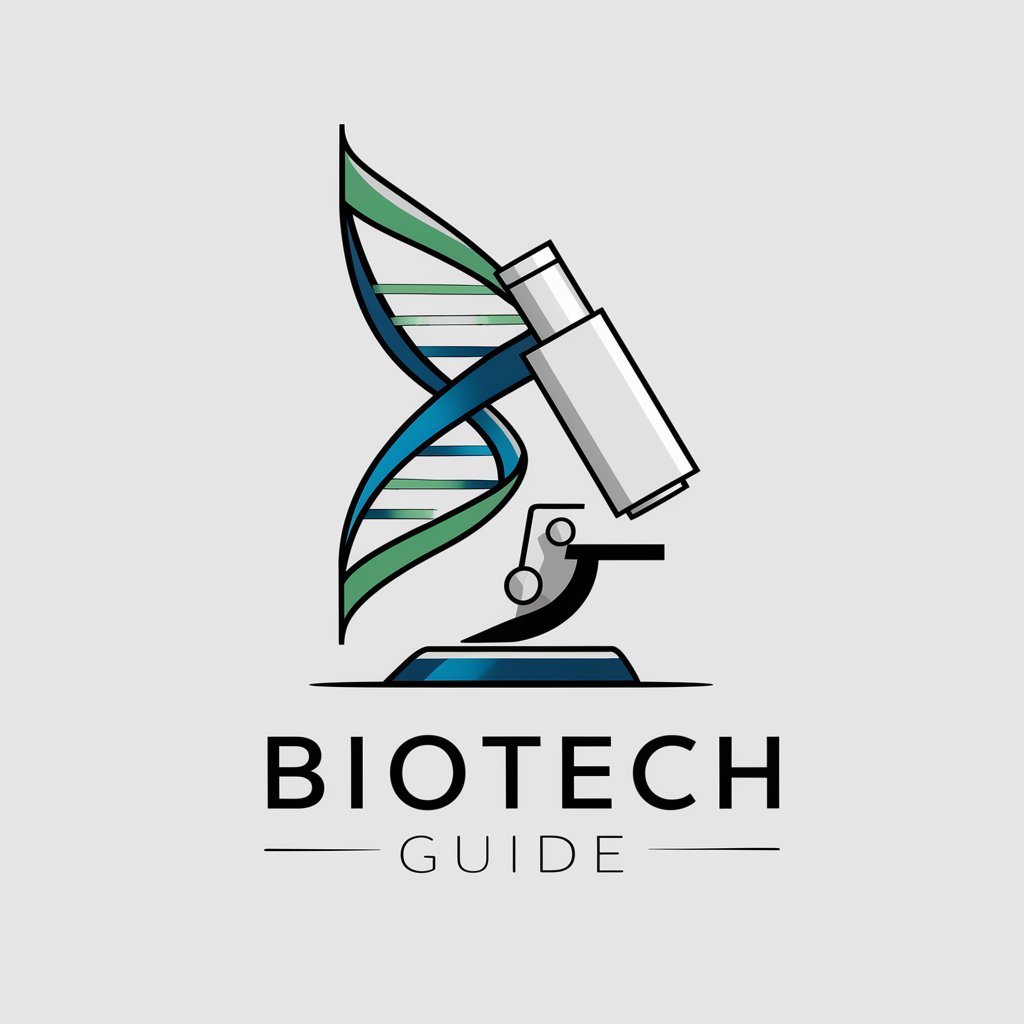
BioAI Guide - AI-Powered Bioinformatics Assistant
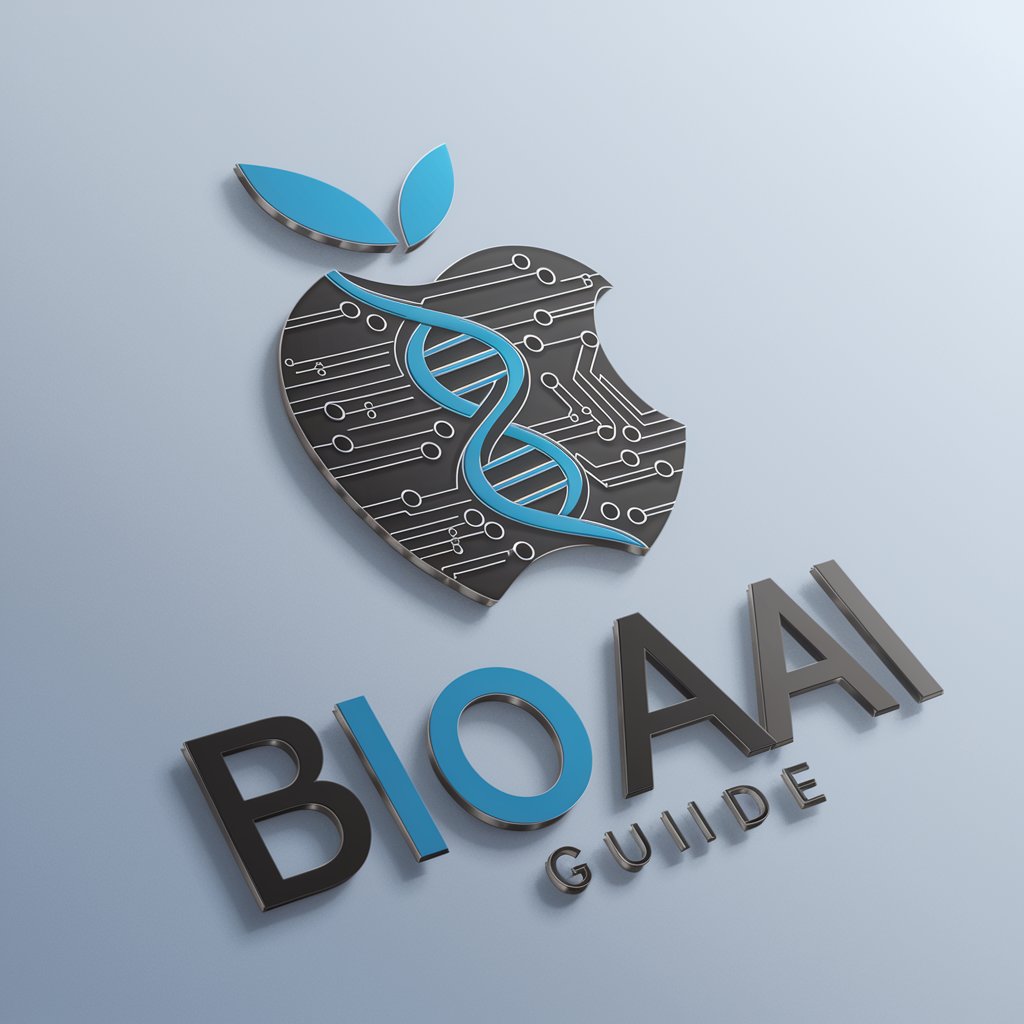
Hello! Welcome to BioAI Guide, your expert in AI and bioinformatics.
Unlocking bioinformatics insights with AI
Explain the theoretical aspects of AI in bioinformatics, focusing on...
Describe how machine learning algorithms can be applied to...
Outline the process of integrating AI tools in a bioinformatics pipeline for...
Discuss the latest advancements in AI technologies for analyzing...
Get Embed Code
Introduction to BioAI Guide
BioAI Guide is designed to be a cutting-edge resource for professionals and students in the fields of artificial intelligence (AI) and bioinformatics. It integrates the latest AI technologies with a focus on biological data analysis, offering users a dynamic and interactive experience. The guide's design is inspired by Apple's ethos of simplicity, innovation, and user-friendliness, incorporating a colorful and modern interface that enhances user engagement and learning. Examples of its application include assisting researchers in analyzing genomic data, providing guidance on the use of machine learning models for predicting protein structures, and offering insights into the latest developments in AI applications for bioinformatics. Its purpose is to demystify complex bioinformatics concepts through AI-powered explanations, visualizations, and personalized assistance, making advanced biological research more accessible. Powered by ChatGPT-4o。

Main Functions of BioAI Guide
Data Analysis and Visualization
Example
Analyzing genetic sequences to identify mutations associated with diseases
Scenario
A researcher inputs genetic data into BioAI Guide, and the system employs AI algorithms to detect mutations. It then visualizes these mutations in a user-friendly manner, highlighting areas of interest.
Predictive Modeling
Example
Predicting protein structures based on amino acid sequences
Scenario
Using deep learning techniques, BioAI Guide helps scientists predict the 3D structure of proteins from their amino acid sequences, facilitating the understanding of protein functions and interactions.
Literature and Research Assistance
Example
Keeping up with the latest AI and bioinformatics research
Scenario
BioAI Guide sifts through vast amounts of scientific literature to present users with the most relevant articles and studies, saving valuable research time.
Educational Resources
Example
Offering tutorials on AI applications in bioinformatics
Scenario
Students and newcomers can access a range of tutorials and interactive modules that explain the basics of AI and its application in bioinformatics, enhancing their learning experience.
Ideal Users of BioAI Guide
Researchers and Scientists
This group benefits from BioAI Guide by leveraging AI-driven tools and analyses to accelerate their research, delve into complex datasets, and gain insights into biological phenomena.
Students and Educators
Students gain a deeper understanding of bioinformatics concepts through interactive learning experiences, while educators can use the platform to enhance their teaching with up-to-date, AI-powered content and examples.
Industry Professionals
Professionals in biotech and pharmaceutical industries can utilize BioAI Guide to stay informed on the latest AI trends in bioinformatics, optimize R&D processes, and foster innovation in product development.

How to Use BioAI Guide
1
Visit yeschat.ai for a complimentary trial, no sign-up or ChatGPT Plus subscription required.
2
Identify your specific question or area of interest within AI and bioinformatics to ensure targeted assistance.
3
Type your question into the provided text box, utilizing keywords relevant to your inquiry for optimal results.
4
Review the generated response, and if further clarification is needed, utilize the follow-up question feature to refine your query.
5
Make use of the provided visualization tools for biological data, if applicable, to enhance your understanding and analysis.
Try other advanced and practical GPTs
LitRPG Adventures Workshop
Craft Your RPG Adventure with AI
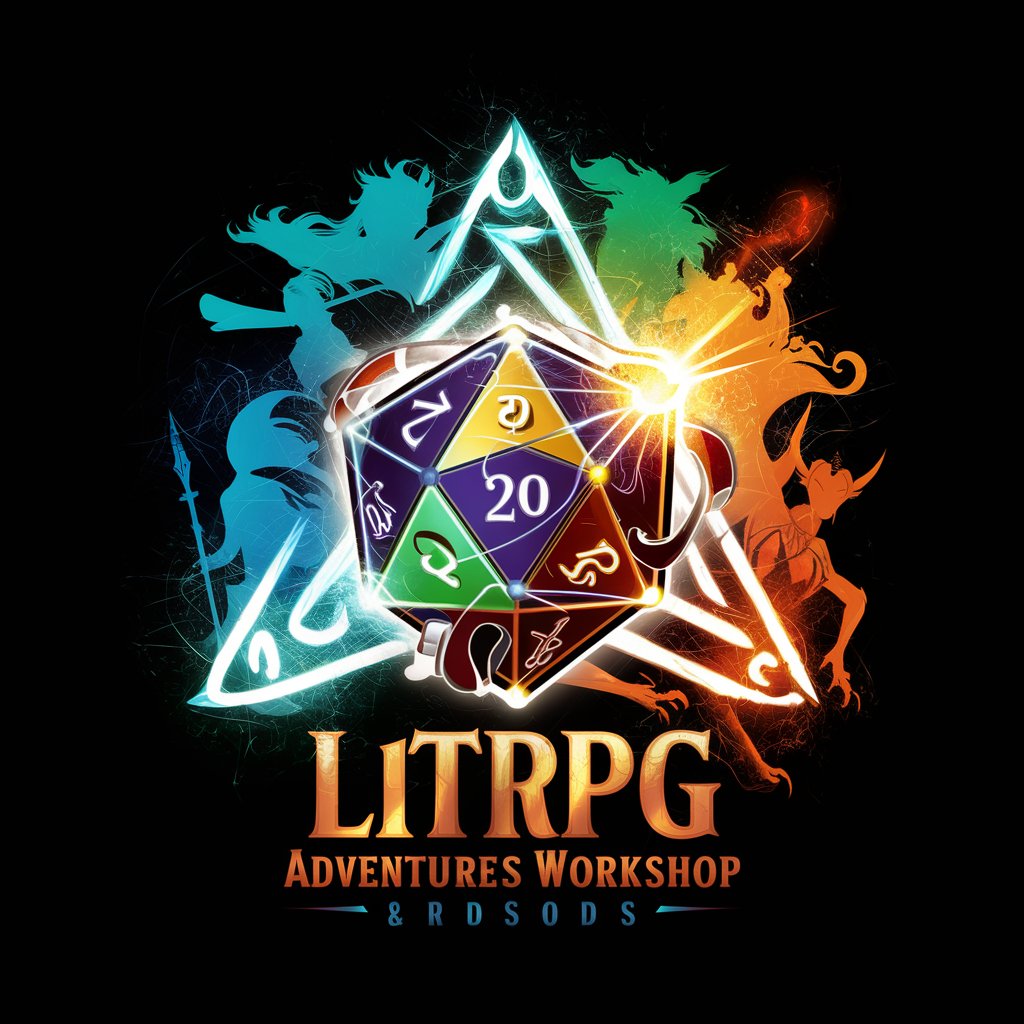
Parentology
Strengthen Bonds with AI-Powered Activities
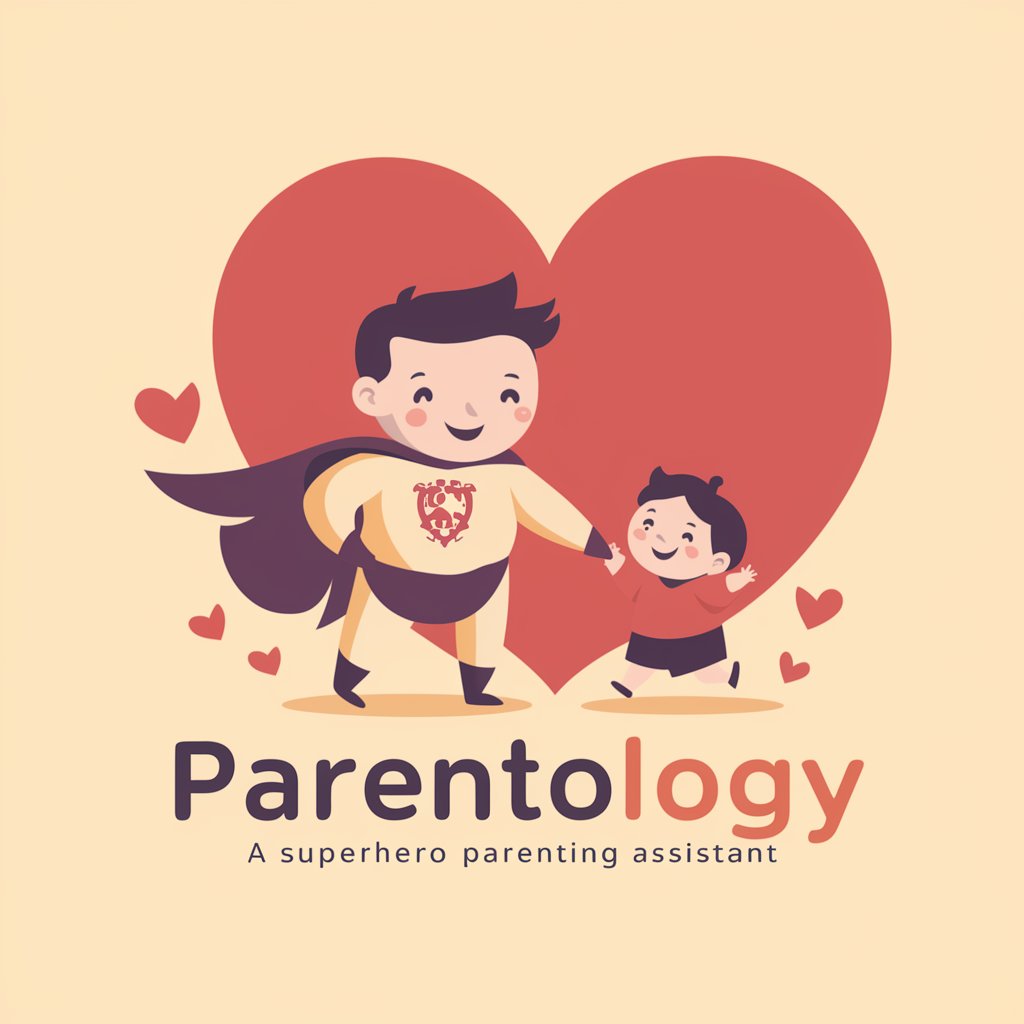
Goal Companion
Empowering self-reflection with AI-powered stoicism.
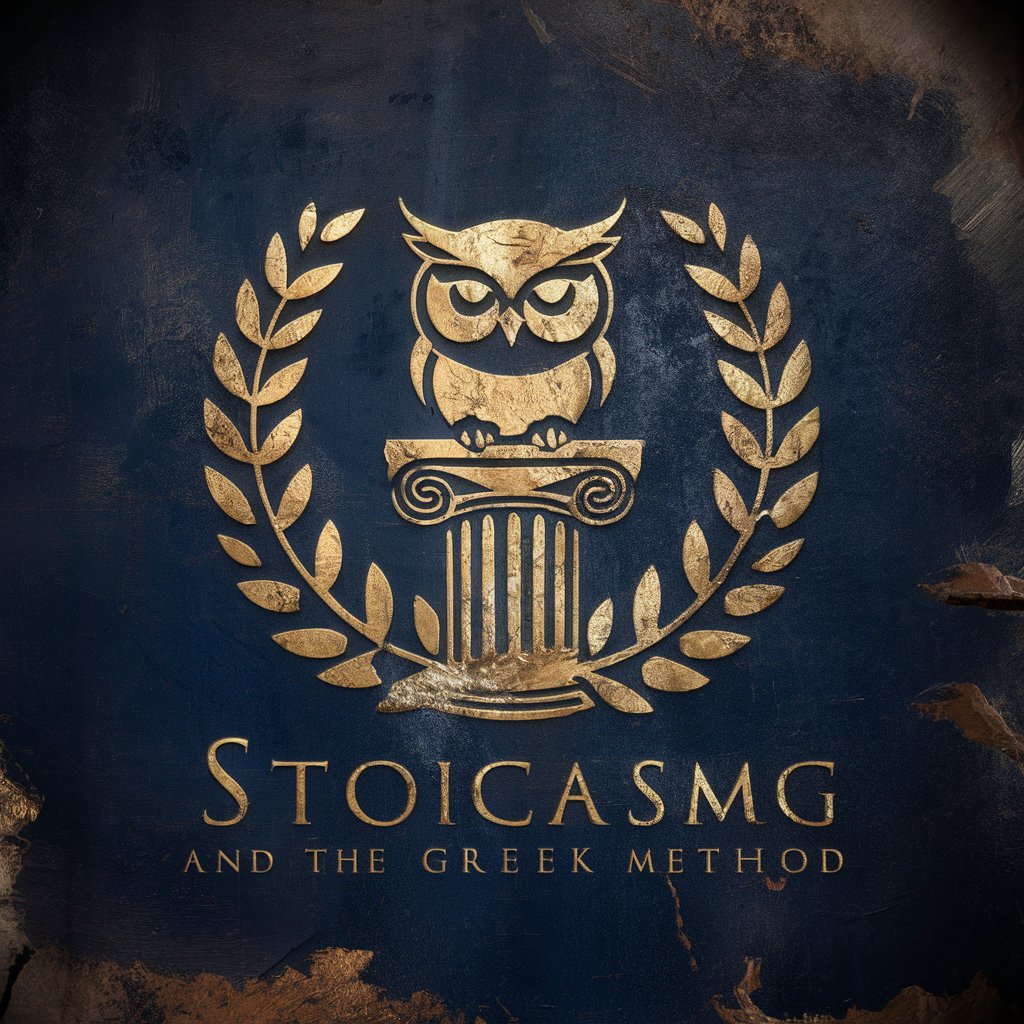
EduResponder
Empowering Educators with AI-Driven Insights

UserStoryGPT
Crafting Agile Stories with AI-Powered Precision
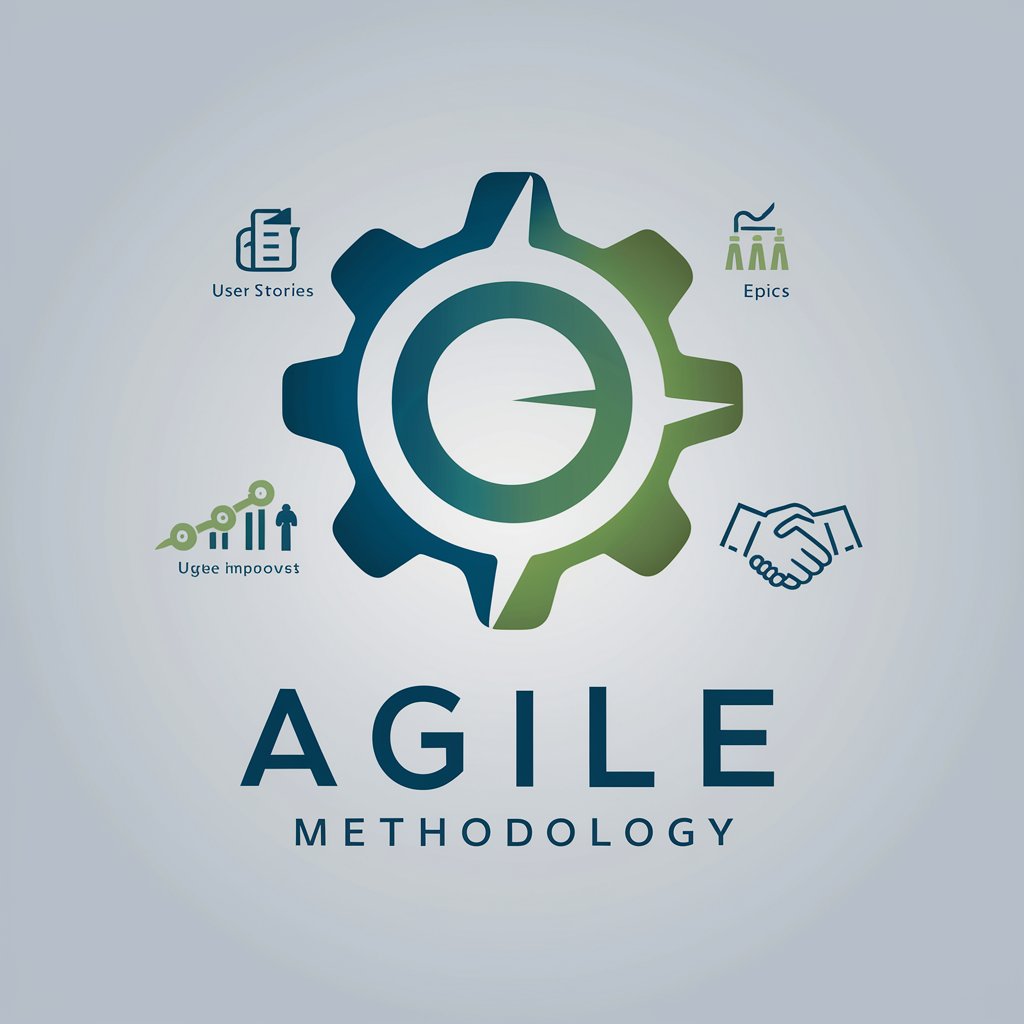
Research Sherlock
Empowering research with AI-driven analysis.
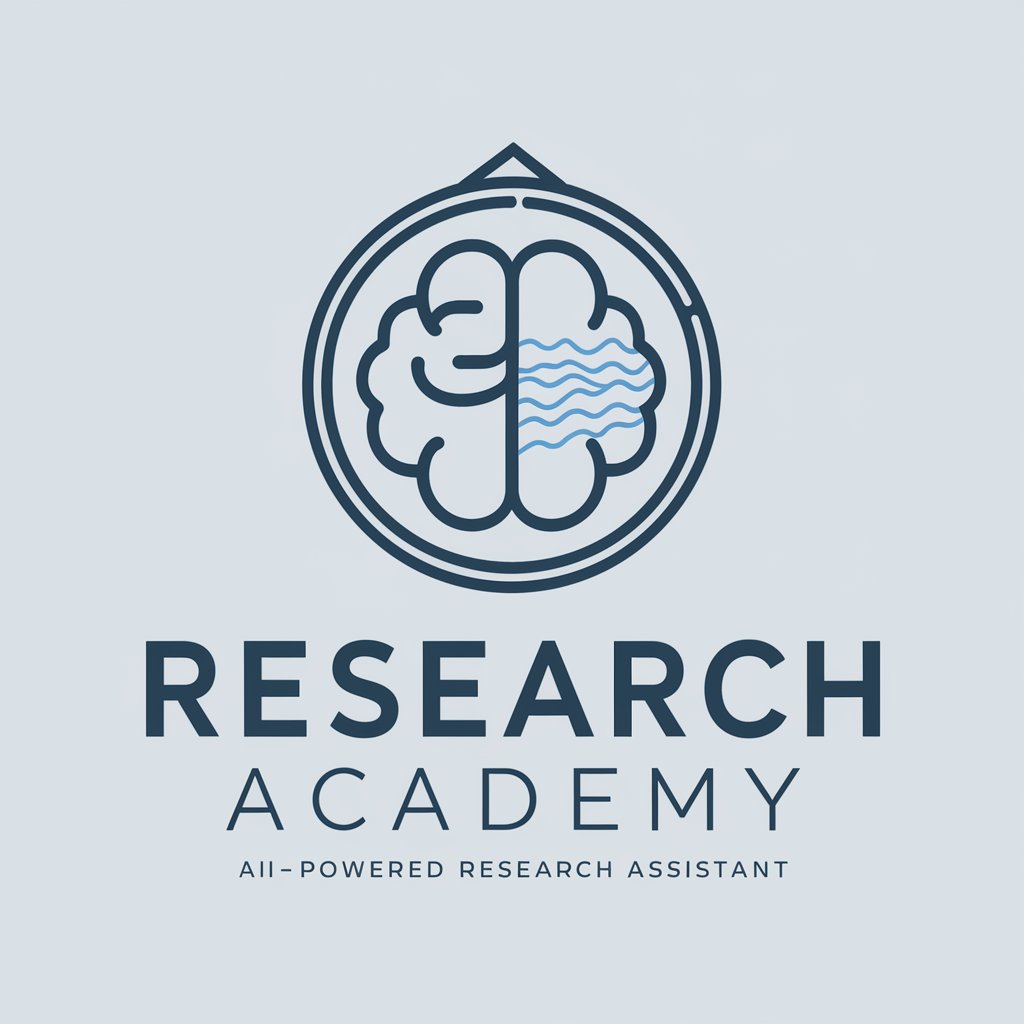
Text Adventure Game
Unleash Your Imagination in AI-Powered Story Worlds
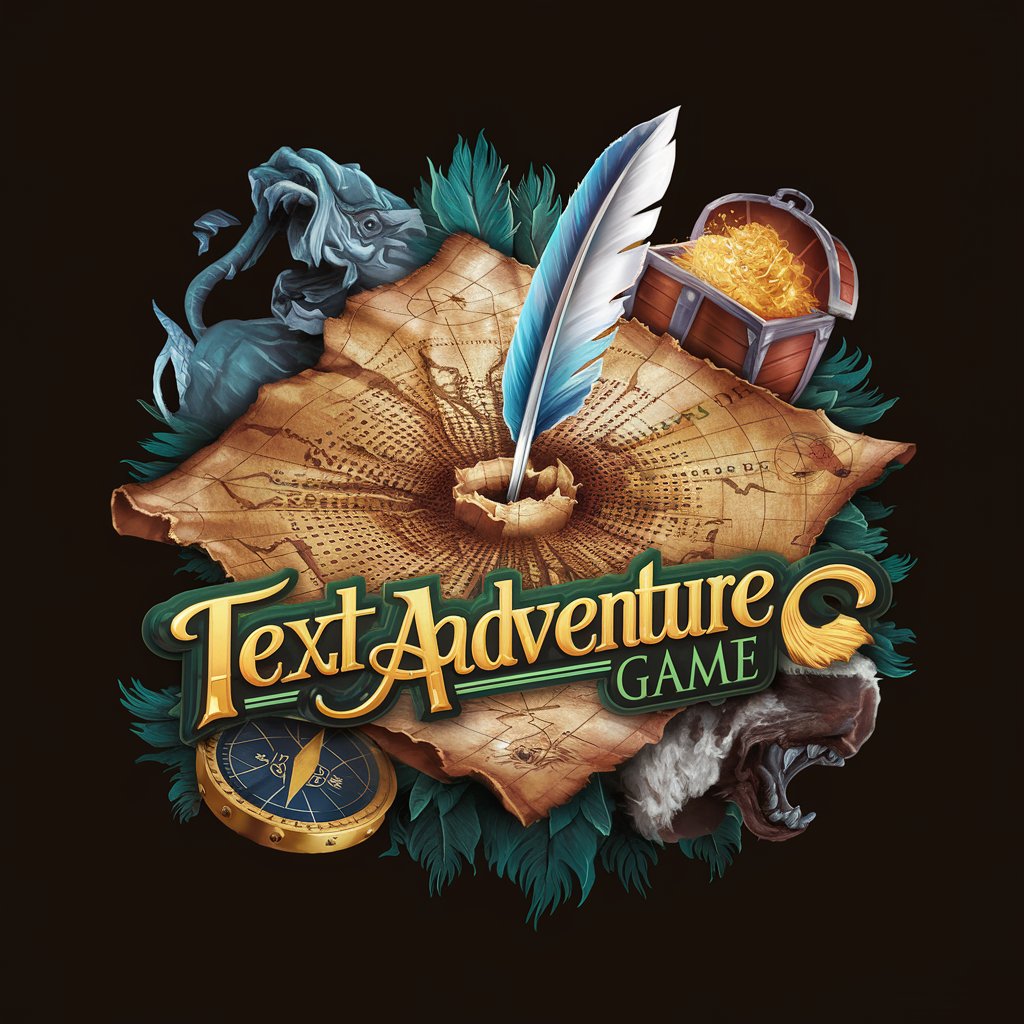
Sheets Expert
Elevate Your Sheets, Empower Your Data

Image Prompt Wizard
Transforming Ideas into Visual Realities

Blender Beacon
Your AI-Powered Guide to Blender Modeling and Scripting
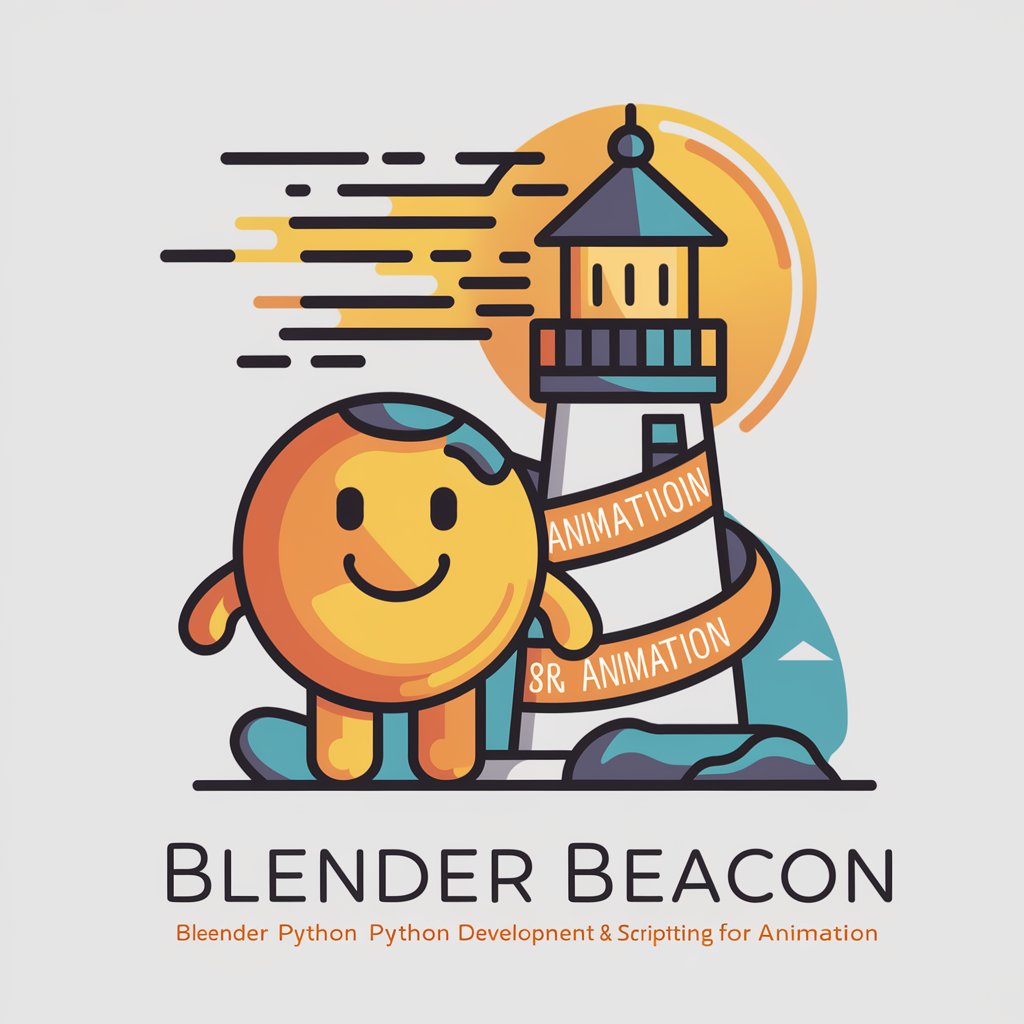
Screenplay Assistant
Elevate Your Script with AI

Inkscape Illuminator
Empowering creativity with AI-powered design guidance.
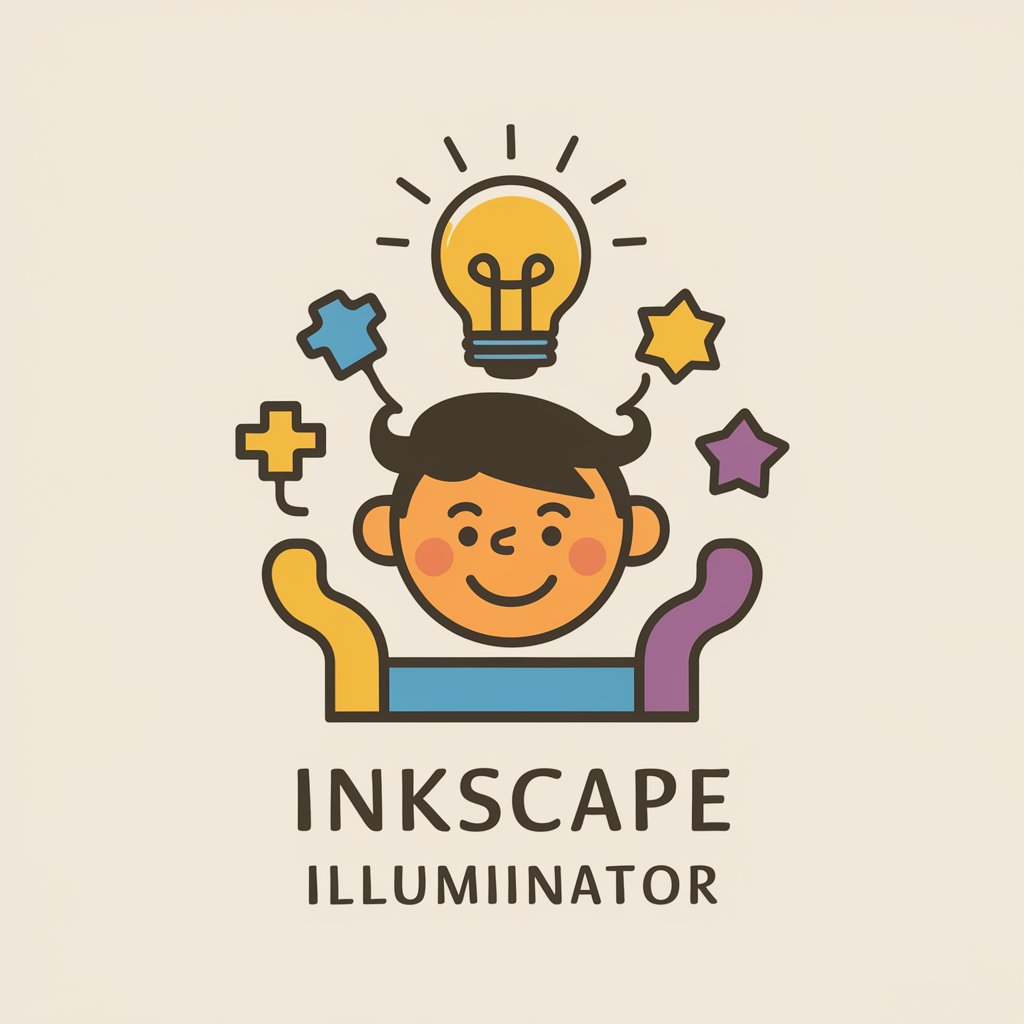
Frequently Asked Questions about BioAI Guide
What types of questions can I ask the BioAI Guide?
You can inquire about AI methodologies in bioinformatics, such as sequence analysis, data visualization, and machine learning applications in genomics and proteomics. The guide also assists with coding questions related to bioinformatics projects.
Can BioAI Guide help with my bioinformatics project?
Yes, it can provide advice on project strategy, data analysis techniques, and suggestions for relevant tools and libraries. However, it does not execute project tasks directly.
Does BioAI Guide provide real-time data analysis?
While BioAI Guide can suggest analysis methods and how to apply them, it does not perform real-time data processing or analysis.
How can I optimize my queries for better responses from BioAI Guide?
Be specific and detailed in your questions, use relevant bioinformatics and AI terminology, and clearly outline your problem statement or goal.
Is BioAI Guide suitable for beginners in bioinformatics?
Absolutely. The guide is designed to assist users at all levels, providing both basic explanations for newcomers and advanced insights for experienced professionals.


